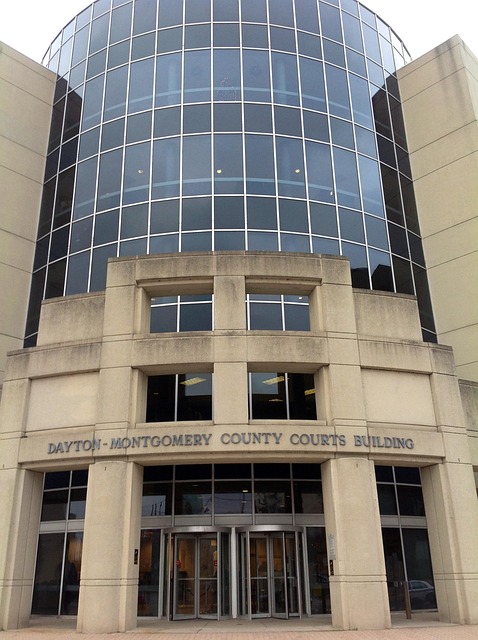Understanding criminal defense process & Steps in Administrative Law Proceedings is vital for anyone facing charges, especially in white-collar crimes. This knowledge equips attorneys to navigate complex regulatory frameworks, protect client rights, challenge evidence, and achieve alternative resolutions, ensuring robust defenses in high-stakes cases.
Criminal Defense Attorneys play a vital role in protecting individuals accused of crimes. This article guides you through the intricate process, highlighting the significance of administrative law in defense strategies. We’ll explore essential steps for effective representation, focusing on navigating the often complex Steps in Administrative Law Proceedings. From understanding the criminal defense process to leveraging legal expertise, this resource offers valuable insights for both professionals and those seeking clarification on their rights.
- Understanding Criminal Defense Process
- Role of Administrative Law in Defense
- Navigating Steps for Effective Representation
Understanding Criminal Defense Process

Understanding the criminal defense process is crucial for anyone facing charges. It involves a series of steps that lead up to a trial or alternative resolution. The initial stage often includes an arrest, followed by a charging document outlining the accusations. At this point, a defendant’s rights are explained, and they’re offered the opportunity to retain a lawyer or accept court-appointed counsel.
The next phase involves pre-trial proceedings where the defense attorney plays a vital role in challenging evidence, questioning witnesses, and constructing a winning challenging defense strategy. This might include motion hearings, discovery of evidence, and negotiations with prosecutors. The goal is to navigate the respective business of the legal system while ensuring the defendant’s rights are protected throughout the steps in administrative law proceedings.
Role of Administrative Law in Defense

The role of administrative law in criminal defense is a crucial aspect often overlooked in high-stakes cases, particularly those involving white-collar and economic crimes. These cases frequently traverse both the criminal justice system and complex regulatory frameworks, making administrative law proceedings integral to the overall defense strategy. Understanding the steps in administrative law proceedings is essential for attorneys aiming to provide robust legal representation.
By familiarizing themselves with these procedures, defense lawyers can navigate the intricate web of regulations, ensuring their clients’ rights are protected. This is especially critical in situations where regulatory agencies play a significant role in investigations and prosecutions, which is becoming increasingly common in various sectors. Effective administrative law defense strategies can mitigate penalties, challenge evidence, and even lead to alternative resolutions, ultimately impacting the overall outcome, including potential jury trials.
Navigating Steps for Effective Representation

Effective representation by Criminal Defense Attorneys involves a meticulous process that encompasses both legal strategy and procedural navigation. To excel in this field, attorneys must first master the art of pre-trial preparation. This includes reviewing the case with the client, gathering evidence, interviewing witnesses, and crafting a compelling defense strategy. Understanding the nuances of criminal procedure is paramount, as it allows lawyers to identify potential issues early on and chart the best course of action.
The steps in administrative law proceedings play a significant role in this process, especially when dealing with complex cases such as white-collar and economic crimes. Across the country, high-stakes cases demand a thorough grasp of legal processes and strategies. By carefully navigating these steps, Criminal Defense Attorneys can ensure their clients receive the most robust defense possible, ultimately upholding justice and protecting their rights.
Criminal defense attorneys play a pivotal role in protecting individuals’ rights within the criminal justice system. By understanding the intricate processes, including the significant aspects of administrative law, these professionals can effectively guide their clients through each step. Navigating the legal landscape requires a strategic approach, especially when it comes to the crucial Steps in Administrative Law Proceedings. Through meticulous planning and knowledge of these procedures, defense attorneys can ensure a fair representation, ultimately safeguarding their clients’ interests.






